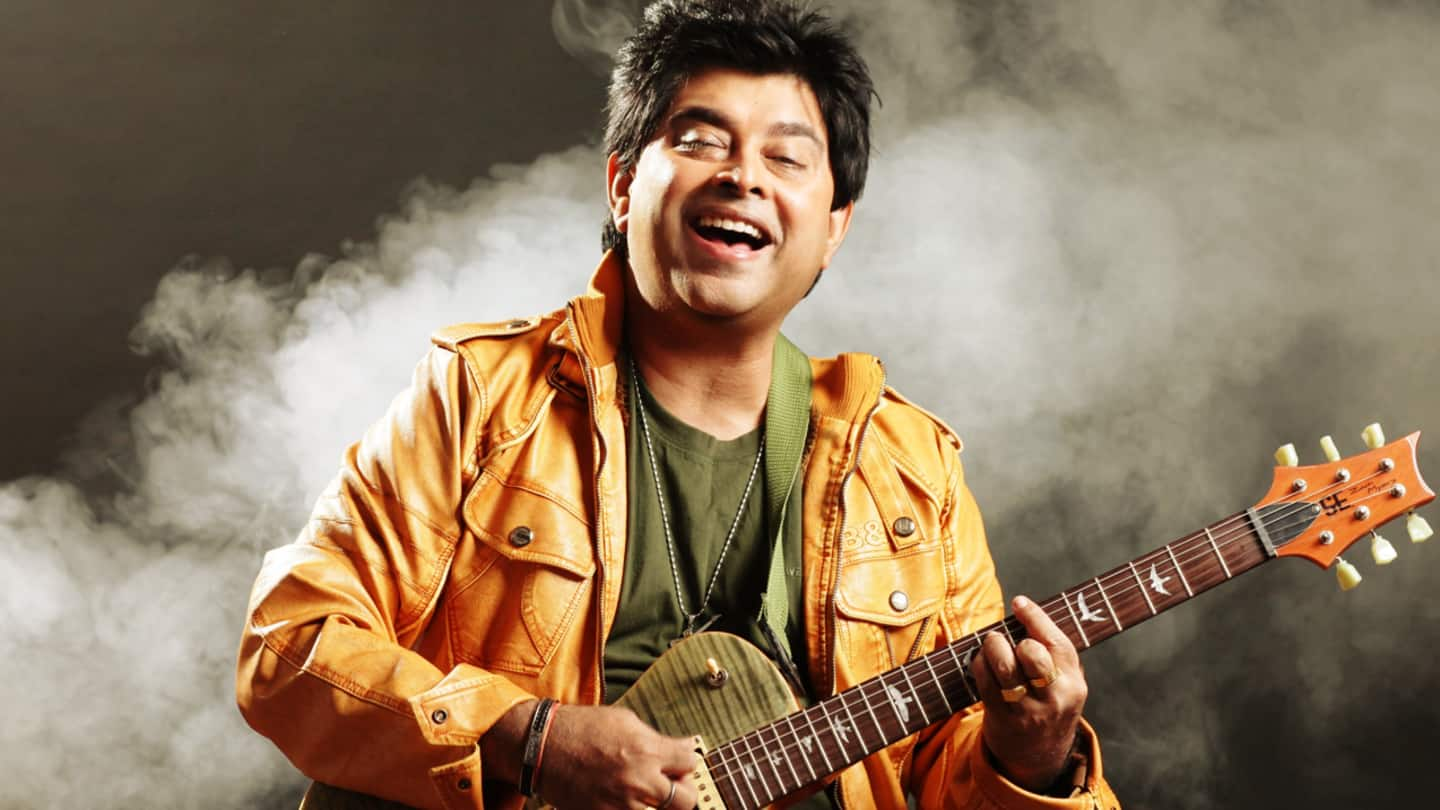Jeet Gannguli turns 44: Celebrating the man behind the composer
What's the story
Jeet Gannguli or simply Jeet is one of the most sought-after music composers today.
Having worked predominantly in the Bengali and Hindi movie industries, Gannguli has given us memorable tunes like Muskurane, Hamari Adhuri Kahani, and Baatein Ye Kabhi Na.
Behind the success was a lot of hard work and struggle.
On the score director's 44th birthday, let us take a deeper look.
Beginning
His first big break was 'Tere Liye' in 2001
Today, Gannguli has many compositions to his name, but the first step came in 2001, when Sanjay Gadhvi helmed the youth musical drama, Tere Liye.
He had directed music for the film by teaming up with fellow newcomer, Pritam.
Former neighbors turned partners, Jeet-Pritam went on to work in Mere Yaar ki Shaadi Hai (2002) and Mudda (2003).
However, their dream run fell short.
Return
He left Bollywood for Pritam, returned by replacing him
Rumor has it, Jeet-Pritam had a bitter fallout after Mudda, and Gannguli shifted his entire focus to only the Bengali movie landscape.
He gave us popular songs like Mon Majhi Re, Ke Tui Bol, Sundori Komola, Tor Ek Kothae, and Jhinkunakur Na.
But he made a comeback in Bollywood soon, interestingly by replacing his former partner, Pritam, in Vishesh Films' Blood Money (2012).
Strong bonds
When Gannguli made Mahesh Bhatt sing, for the first time
The Gannguli-Bhatt relationship that began in 2012 got stronger through the years.
Eventually, he composed music for several Bhatt-backed films (Hamari Adhuri Kahani and Aashiqui 2).
In fact, it was Gannguli who managed to make Mahesh Bhatt sing for the first time!
Searching for a "unique texture" for Mr. X's title track (You Can Call Me X), Gannguli convinced Bhatt to lend his voice.
Beliefs
'Bollywood should do away with multiple composer trend'
Another aspect of Gannguli's career is that he has been part of many Bollywood ensemble composer movies.
But if there is a trend he wants to do away with, it is this one.
Earlier, he had said roping in multiple composers on one project was "not good."
As a "composer's soul goes into a film," they should either "do the entire film" or nothing.
